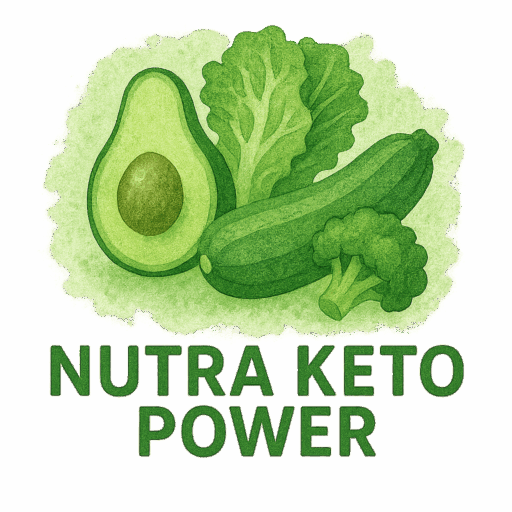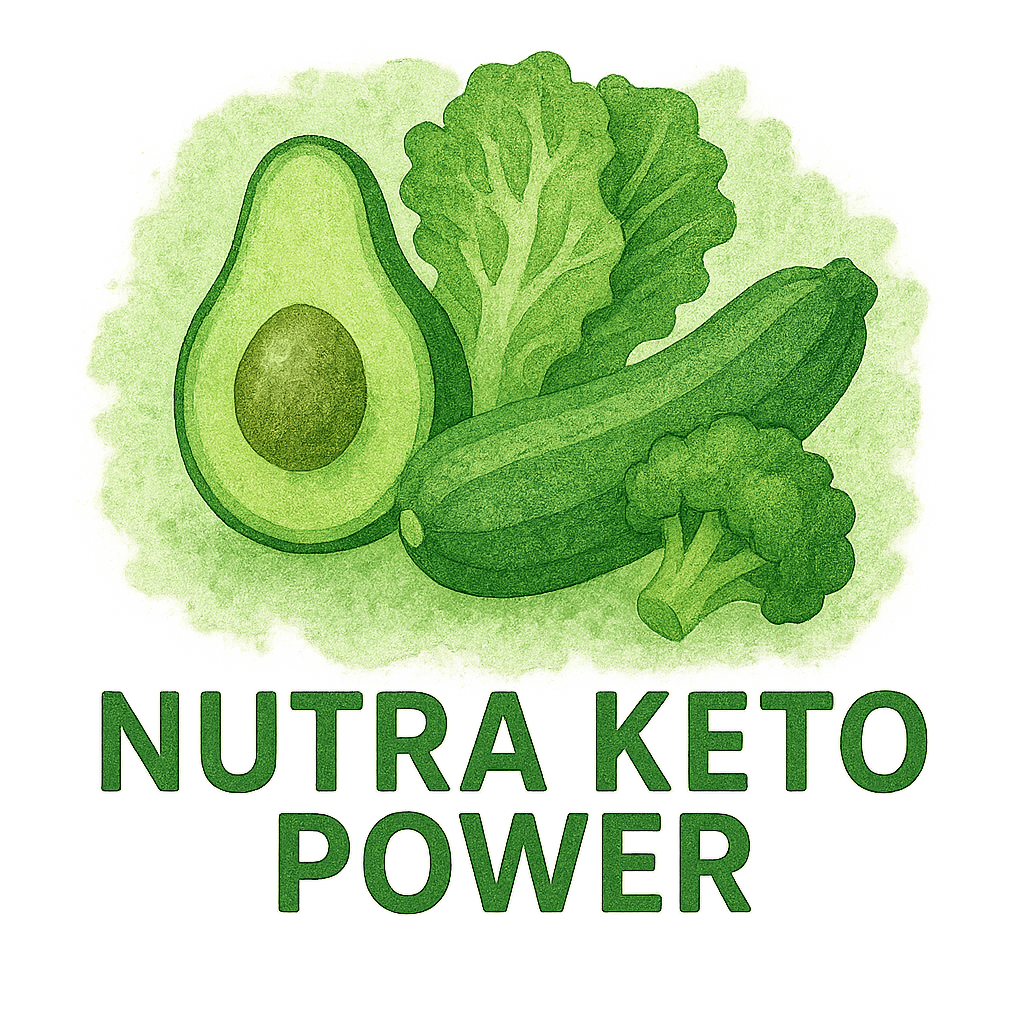Introduction to Keto and Why Vitamins Matter
When people dive into the ketogenic lifestyle, they usually focus on cutting carbs, burning fat, and whipping up delicious keto recipes. But here’s the truth: vitamins play just as big of a role in making your transformation a success. Without the right micronutrients, your energy, metabolism, and even weight loss can hit roadblocks.
That’s why understanding the best vitamins for keto is key. Let’s break down the nine vitamins that can truly supercharge your keto transformation.
The Role of Micronutrients in Keto Lifestyle
Keto changes the way your body fuels itself—switching from carbs to fat. But during this transition, certain vitamins and minerals may be harder to get. Micronutrients keep your metabolism humming, balance hormones, and prevent the dreaded “keto flu.”
Adding the right vitamins can make your journey smoother, more effective, and even enjoyable.
Vitamin D: The Sunshine Nutrient for Keto Success
Why Vitamin D is Essential on Keto
Vitamin D helps regulate mood, supports bone health, and boosts immunity. Since keto limits certain fortified carb-heavy foods, deficiencies are common. Without enough Vitamin D, weight loss and energy can stall.
Best Food Sources of Vitamin D
- Fatty fish like salmon, sardines, and mackerel
- Egg yolks
- Cheese
Supplements for Vitamin D Deficiency
If sunshine isn’t enough, adding a high-quality supplement from trusted keto supplements can help.
Vitamin B12: Boosting Energy and Brain Function
How B12 Powers Keto Energy
Vitamin B12 plays a vital role in red blood cell production and energy metabolism. On keto, when carbs are low, B12 ensures fat gets converted into usable fuel.
Natural Sources of Vitamin B12
- Grass-fed beef
- Liver
- Shellfish
- Eggs
Should You Take B12 Supplements?
If you’re feeling sluggish, a B12 boost can be a game-changer for your keto lifestyle.
Vitamin A: Supporting Vision and Immunity
Vitamin A and Keto Adaptation
Vitamin A is crucial for eye health, immune response, and skin glow. Since keto is rich in fats, it actually helps absorb this fat-soluble vitamin better.
Keto-Friendly Foods Rich in Vitamin A
- Grass-fed butter
- Beef liver
- Salmon
- Dark leafy greens
Vitamin C: Fighting Inflammation and Cravings
Why Keto Dieters Need More Vitamin C
Many high-carb Vitamin C foods (like oranges) are off the menu on keto. Yet, Vitamin C is crucial for reducing inflammation and helping you fight carb cravings.
Sources of Vitamin C in Low-Carb Foods
- Bell peppers
- Broccoli
- Kale
- Brussels sprouts
Adding these to your keto routine ensures your immunity stays strong.

Vitamin E: The Antioxidant for Keto Longevity
How Vitamin E Protects Keto Health
Vitamin E works as an antioxidant, protecting your cells while your body adjusts to burning fat for energy.
Vitamin E-Rich Keto Foods
- Almonds
- Sunflower seeds
- Avocados
Vitamin K2: Bone Strength and Heart Health
Why K2 is a Keto Essential
K2 works hand-in-hand with Vitamin D to keep calcium where it belongs—your bones, not your arteries. Perfect for anyone aiming for long-term keto benefits.
Food and Supplement Sources of Vitamin K2
- Grass-fed butter
- Cheese
- Fermented foods
B-Complex Vitamins: Stress Relief and Energy Balance
Why B Vitamins Work Best Together
The family of B vitamins (B1, B2, B6, B7, and more) helps with energy metabolism, stress relief, and mental clarity.
Food Sources of B-Complex Vitamins
- Eggs
- Leafy greens
- Organ meats
A quality B-complex supplement is often recommended in nutra keto power plans.
Electrolyte-Supporting Vitamins: Magnesium & Potassium Helpers
Preventing Keto Flu with Vitamin Support
When starting keto, electrolyte imbalances often cause fatigue, headaches, and cravings (a.k.a. the keto flu). Certain vitamins support electrolyte absorption, making this phase much easier.
Pairing vitamins with burn fat strategies keeps energy consistent.
Multivitamins vs Targeted Supplementation
Should You Take a Keto Multivitamin?
A keto multivitamin covers most bases but may not provide optimal amounts for each nutrient.
When to Consider Targeted Vitamins
If you struggle with specific deficiencies, go for targeted options found in specialized keto supplements.
How to Choose Quality Keto Supplements
Not all supplements are created equal. Look for:
- Third-party testing
- Clean ingredient lists
- Formulas tailored for weight loss and keto support
Practical Tips to Optimize Vitamin Absorption on Keto
- Pair fat-soluble vitamins (A, D, E, K) with healthy fats for better absorption.
- Space out your supplements to avoid digestive discomfort.
- Stay consistent with your habits.
Conclusion
Your keto journey is more than just cutting carbs—it’s about fueling your body with the right tools. These nine vitamins can transform your energy, boost your results, and help you unlock the full benefits of keto. Pairing them with balanced nutrition and smart supplementation ensures long-term success.
FAQs
1. Do I really need supplements on keto?
Not always, but many find it difficult to get enough vitamins from food alone. Supplements bridge the gap.
2. What’s the most important vitamin for keto beginners?
Vitamin D and electrolytes are game-changers when starting out.
3. Can I overdose on vitamins while on keto?
Yes, fat-soluble vitamins (A, D, E, K) can build up in your system if taken excessively.
4. How do I know if I’m deficient in vitamins on keto?
Common signs include fatigue, hair loss, mood swings, and slower progress in weight loss.
5. Are natural food sources better than supplements?
Food is always best, but supplements ensure consistency.
6. Can vitamins reduce keto flu symptoms?
Yes, especially electrolytes and B vitamins.
7. Should I take vitamins with or without food?
Fat-soluble vitamins (A, D, E, K) should always be taken with a fat-containing meal for best absorption.


